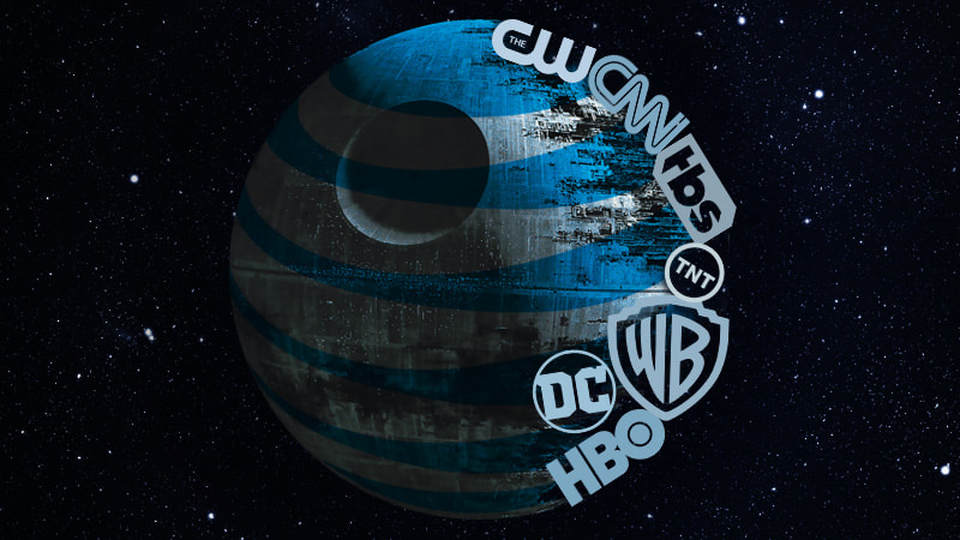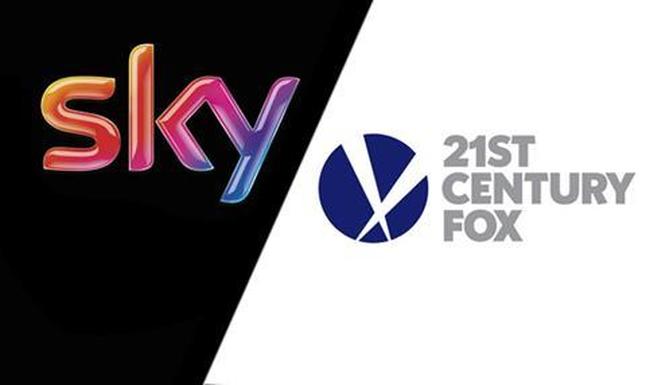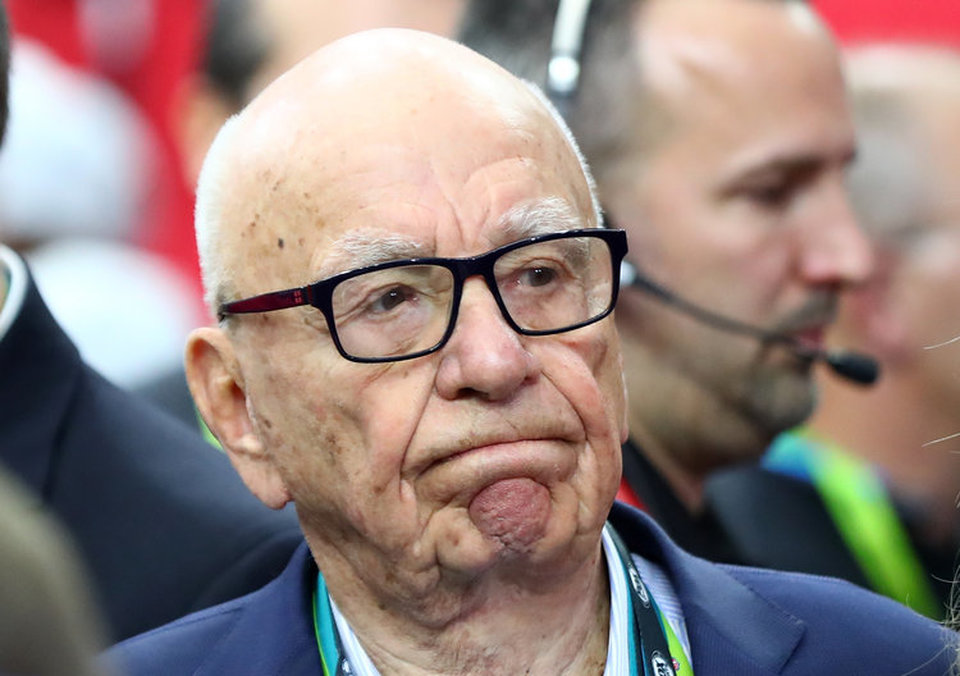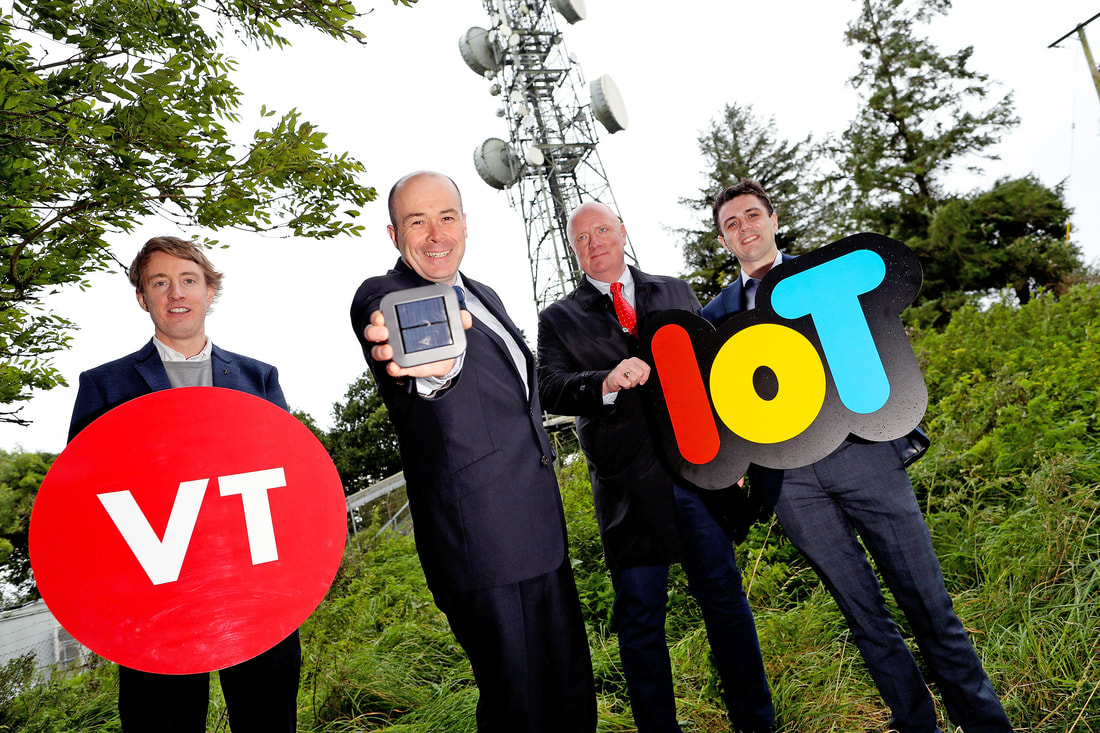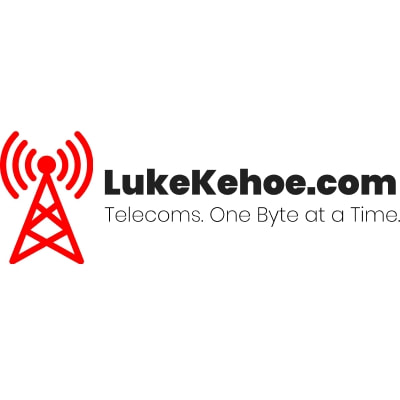Explained: Why Telecoms and Media Giants are merging
As the telecoms market begins to plateau and media companies are under assault from Netflix and Amazon, telecoms and media have resorted to merging to maintain their power.
Published 01/08/18
Across the globe, we are witnessing an unprecedented number of mergers, mergers that include some of the biggest and most influential companies out there. As the streaming age has upended the way we consume content, its increasing prevalence comes at great cost and fear to traditional media companies who are only now beginning to modernise their portfolio of services.
In the past, these media companies would happily sit tight and watch as the money poured in from advertisers and subscription fees. In recent years, Facebook and Google have managed to invade their walled garden and capture their cream of the crop, advertising money. These media companies are also under assault from Netflix and Amazon, both of which have experienced a rapid rise to grace, thanks to the offer of excellent content at excellent prices.
At the same time, the companies that made it possible for the streaming age to occur in the first place, telecoms companies, are bearing the brunt of an increasingly saturated marketplace. Once perceived as the pioneers of the digital era, telecoms giants have lost the glory they once flaunted. In markets throughout the world, from America to Europe, a race to the bottom has had a substantial impact on the growth of telecoms companies.
The telecoms market is beginning to plateau in most developed countries. At this stage, most people in these markets who want access to the Internet have it. Then there's the constant demand for better, faster networks as we consume more data, requiring huge capital expenditure from companies whose profits are diving. This leaves little wiggle room for telecoms companies. These companies are on the lookout for new revenue streams that provide growth.
In the past, these media companies would happily sit tight and watch as the money poured in from advertisers and subscription fees. In recent years, Facebook and Google have managed to invade their walled garden and capture their cream of the crop, advertising money. These media companies are also under assault from Netflix and Amazon, both of which have experienced a rapid rise to grace, thanks to the offer of excellent content at excellent prices.
At the same time, the companies that made it possible for the streaming age to occur in the first place, telecoms companies, are bearing the brunt of an increasingly saturated marketplace. Once perceived as the pioneers of the digital era, telecoms giants have lost the glory they once flaunted. In markets throughout the world, from America to Europe, a race to the bottom has had a substantial impact on the growth of telecoms companies.
The telecoms market is beginning to plateau in most developed countries. At this stage, most people in these markets who want access to the Internet have it. Then there's the constant demand for better, faster networks as we consume more data, requiring huge capital expenditure from companies whose profits are diving. This leaves little wiggle room for telecoms companies. These companies are on the lookout for new revenue streams that provide growth.
The Purpose of Merging
The desperation of both telecoms companies and media companies to combat the likes of Google and Netflix has led to them merging in their droves. It makes sense, and here's why: Telecoms companies such as Vodafone in Europe or AT&T in the US act as the distributor of content, their infrastructure provides the means by which content can be delivered. On the other hand, the media companies specialise in creating the content and advertising it. This creates a perfect system for creating and delivering content to the end consumer. It means these combined companies can target a wider variety of customers, for example, the younger consumers who watch content on their smartphone.
For the telecoms companies, it allows them to diversify their business and offer a new service to their customers. The advantages of this are obvious. It provides a new revenue stream for the company, offsetting the decline in profits from the network. Another benefit is the mergers ability to reduce churn for the telecoms company. There will be fewer people who will be likely to leave the company for a competitor if they are receiving both content and the Internet from the company.
For the media company, it gives them a more efficient method of delivering their content to end consumers. It also allows them to focus on creating content rather than wasting time building up distribution channels. This is vital as Netflix sinks billions of euro into creating original content, these companies will have to do the same.
For the telecoms companies, it allows them to diversify their business and offer a new service to their customers. The advantages of this are obvious. It provides a new revenue stream for the company, offsetting the decline in profits from the network. Another benefit is the mergers ability to reduce churn for the telecoms company. There will be fewer people who will be likely to leave the company for a competitor if they are receiving both content and the Internet from the company.
For the media company, it gives them a more efficient method of delivering their content to end consumers. It also allows them to focus on creating content rather than wasting time building up distribution channels. This is vital as Netflix sinks billions of euro into creating original content, these companies will have to do the same.
Concerns: More Power in Less Hands
There are a plethora of examples of these mergers. In each case, the same concerns are raised. When two companies merge, their powers come together under one roof, and we all know that can mean bad things for consumers. Price rises, staff layoffs and less competition are all valid concerns. But the most important concern, the one that will affect the most people, in the long run, is the potential creation of a monopoly.
These companies own and control many media outlets, they have a huge influence over our thoughts and actions. They also control what we see online, after all, they allow us to access the Internet. We've already seen cases where these mergers have allowed companies to unfairly promote their own product. The most obvious case of this can be seen in the US where AT&T has developed a monopoly. The telecoms company, which recently received approval for a takeover of Time Warner, gives priority to its own TV service, DirectTV, over Netflix and other rivals. That clearly violates Net Neutrality, a hot topic in the US.
For a better insight, let's look at something more relatable. Vodafone, the largest mobile network here, began offering its own streaming TV service in the past few years. The service is brilliant, and you can read my review of it here, but it raises concerns. Vodafone provides an app for Android and iOS that allows its TV customers to watch content on the go. Here's the big thing, using the service does not eat into your data allowance. In this case, Vodafone is technically giving an unfair advantage to its own service.
These companies own and control many media outlets, they have a huge influence over our thoughts and actions. They also control what we see online, after all, they allow us to access the Internet. We've already seen cases where these mergers have allowed companies to unfairly promote their own product. The most obvious case of this can be seen in the US where AT&T has developed a monopoly. The telecoms company, which recently received approval for a takeover of Time Warner, gives priority to its own TV service, DirectTV, over Netflix and other rivals. That clearly violates Net Neutrality, a hot topic in the US.
For a better insight, let's look at something more relatable. Vodafone, the largest mobile network here, began offering its own streaming TV service in the past few years. The service is brilliant, and you can read my review of it here, but it raises concerns. Vodafone provides an app for Android and iOS that allows its TV customers to watch content on the go. Here's the big thing, using the service does not eat into your data allowance. In this case, Vodafone is technically giving an unfair advantage to its own service.
Examples closer to Home
In Ireland, the same trend has taken place. The best example of this is Virgin Media's acquisition of TV3 and UTV. The benefits of the merger for the Internet service provider will come to fruition later this year when the TV3 brand will be replaced with Virgin Media TV. In addition, Virgin Media will launch a new dedicated sports channel, showing football matches that were previously free for everyone, but will become exclusive to Virgin's broadband customers. Without any doubt, this will help Virgin Media continue to expand its brand in Ireland. In this instance, a telecoms company has taken over a media company, and it will attract more customers to Virgin's ailing TV service.
Eir, Ireland's broadband monopoly, forked out more than €20 million in 2015 to purchase Setanta Sports and some of BT Sport's channel rights. The result of this acquisition was the birth of Eir Sport, a service free for all of Eir's broadband customers. This has helped Eir maintain its broadband monopoly and expand its TV service, Eir Vision. The company has leveraged its presence in TV in the same way that Vodafone has, allowing mobile customers to use the Eir Sport app on their phone without it ever eating into their data allowance. Perhaps the most important result of this merger was adding value to Eir's plans, which are easily the most expensive available on the market.
Then there's Sky, the largest TV subscription service in Ireland. The company has traditionally defined itself as a media provider, but that definition has become less accurate. The company is now the fastest growing broadband provider in this country, and recently inked a deal with SIRO (a joint venture between Vodafone and ESB that provides gigabit broadband speeds) to expand its broadband reach. Sky has benefitted from its strong portfolio of content, such as Sky Sports and Sky Atlantic, along with its new streaming service called Now TV that aims to rival Netflix. There have been rumblings that Sky will be taken over by Twenty-First Century Fox or Comcast, a deal that would change the media landscape in Europe forever.
The largest telecoms company in Europe, Vodafone, has distanced itself from merging with media companies. The telecoms giant has instead focused on expanding its broadband business, paying an eye-watering $21 billion to take over Liberty Global's assets in Germany and eastern Europe.
Eir, Ireland's broadband monopoly, forked out more than €20 million in 2015 to purchase Setanta Sports and some of BT Sport's channel rights. The result of this acquisition was the birth of Eir Sport, a service free for all of Eir's broadband customers. This has helped Eir maintain its broadband monopoly and expand its TV service, Eir Vision. The company has leveraged its presence in TV in the same way that Vodafone has, allowing mobile customers to use the Eir Sport app on their phone without it ever eating into their data allowance. Perhaps the most important result of this merger was adding value to Eir's plans, which are easily the most expensive available on the market.
Then there's Sky, the largest TV subscription service in Ireland. The company has traditionally defined itself as a media provider, but that definition has become less accurate. The company is now the fastest growing broadband provider in this country, and recently inked a deal with SIRO (a joint venture between Vodafone and ESB that provides gigabit broadband speeds) to expand its broadband reach. Sky has benefitted from its strong portfolio of content, such as Sky Sports and Sky Atlantic, along with its new streaming service called Now TV that aims to rival Netflix. There have been rumblings that Sky will be taken over by Twenty-First Century Fox or Comcast, a deal that would change the media landscape in Europe forever.
The largest telecoms company in Europe, Vodafone, has distanced itself from merging with media companies. The telecoms giant has instead focused on expanding its broadband business, paying an eye-watering $21 billion to take over Liberty Global's assets in Germany and eastern Europe.
Conclusion: A Rebellion against Silicon Valley
The telecoms industry is changing, changing fast. It's moved away from being the conveyor belt that delivers content to the entire production line that creates and delivers the content. For consumers, it means they will likely see more value added to their plans, as is the case with Eir Sport. But we must not let these mega-mergers distract from what the telecoms industry was ultimately built to do, provide top quality Internet access to everyone.
When these mergers occur, more power is consolidated in fewer hands, and that can be dangerous if not regulated appropriately. We can see some abuses of this power in the US, and it would be silly to think the same abuses won't travel across the water and plague us in Europe.
These mega-mergers are a direct result of the booming tech companies that have expanded rapidly beyond their place of origin, Silicon Valley. Both telecoms and media will never be the same again, they won't see exponential growth or rising profits, and that's what compels them to merge.
When these mergers occur, more power is consolidated in fewer hands, and that can be dangerous if not regulated appropriately. We can see some abuses of this power in the US, and it would be silly to think the same abuses won't travel across the water and plague us in Europe.
These mega-mergers are a direct result of the booming tech companies that have expanded rapidly beyond their place of origin, Silicon Valley. Both telecoms and media will never be the same again, they won't see exponential growth or rising profits, and that's what compels them to merge.
Please contribute to help LukeKehoe.com keep growing. Thank You.
The Power of Sigfox: Pioneering the IoT RevolutionA deep dive into the prospects of Sigfox, the network that wants to blur the divide between the physical and digital world.
|

